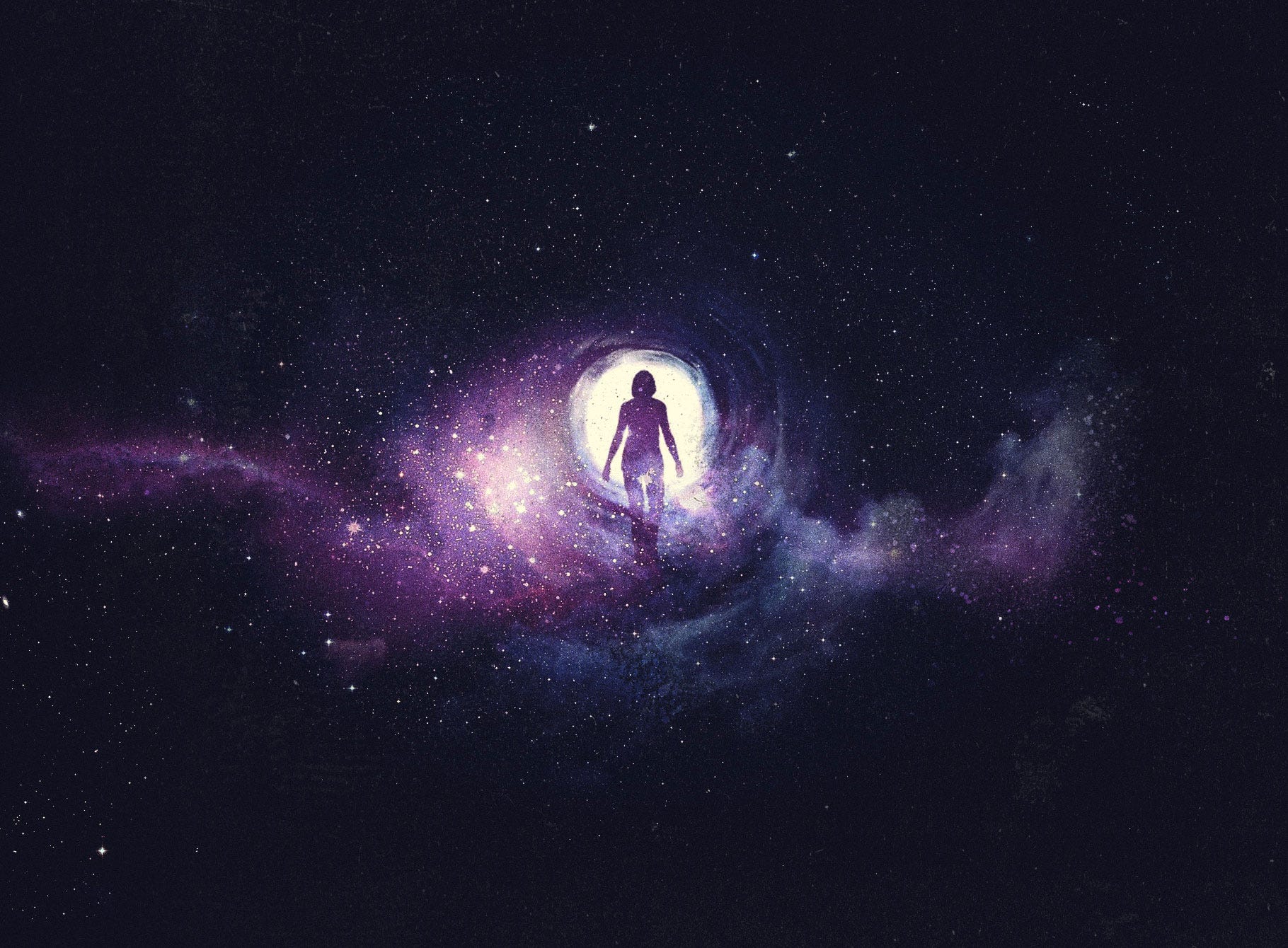 |
| What many perceive OBE to look like. |
Thursday, August 6, 2020
Flim-Flam! Book Report
Monday, July 18, 2011
Psychics, ESP, Unicorns, And Other Delusions

I went with Flim-Flam by James Randi for the class book project. It was an interesting read and parts of it were actually quite funny. Before i get into the book itself, I think it would be worthwhile to take a moment to talk about the author. James Randi was a magician and illusionist for several years. As with many stage magicians, such as Harry Houdini and Penn and Teller, Randi felt a certain disdain with many scientist and intellectuals, particularly those who let themselves be fooled by people performing essentially some of the oldest tricks in the book. Some of the ways he found an outlet for such frustrations was involvement in studying claims of the paranormal and proving hucksters and charlatans for what they are. James Randi through his educational foundation in fact has 1 million dollars on the line for anyone who can successfully prove in a scientific experiment they actually have paranormal abilities. Of worthy note, no one has collected yet.
In the book, Randi makes his best effort to explain in plain language why particular schemes and things are hoaxes. He also makes many attempts not to condemn people who were merely playing pranks that got away from them. For instance in the first full chapter he talks longly on a more historical hoax in which two young girls faked many photos of fairies. He takes careful steps to never demonize or vilify the two young girls, who were most likely having a laugh at their neighbor's expense. That is at least, before said photos got more attention and became a national hit in Britain in the 1920's. There are others he makes attempts to paint in softer light, however there are many he is not as kind too.
Throughout the book, Randi focuses on paranormal hot-topics from several disciplines. He also keeps the aim on the amount of misdirection, misinformation, and lack of critical thinking. Whether it is scientists using poor experimental methods, people cleverly presenting information to support their narrative, or psychics and mediums selling out right lies. In one chapter he gets into a few propagators of ancient alien theories and shows how most of their "facts" are carefully selected to sell several of their points. When the whole story is looked at their facts and theories quickly fall apart.
In several chapters the subject matter turns to psychic and the various phenomena attributed to some of them. Randi makes sure to point out how most of the research, and successful experiments involving them, has enough holes to fit the chinese army through. Whether it be basing its validity completely on the word of those being tested, poorly designed experiments, or selective reporting of the experiments. One might even argue trusting someone who claims to hold commune with the spirit world might be rather misguided, after reading this book in particular.
James Randi also makes sure to never alienate the reader. Whether it is the plain language he uses or the generally humorous tone, which can stem from the ludicrousness of the situations involved or his exasperated-ness with them, it tends to involve the reader in a good way. He also takes a few steps to explain that, it is not to say there is no such thing as paranormal activity or UFOs, but that the people who are trying to study these phenomena should make better efforts to weed out the large amounts of non-sense and fakers. This would make it easier to find true evidence and study truly un-known events, it would also lend more credibility to the people studying and researching such things.
While making small passes at things like astrology or something vaguely similar called numerology, Randi's biggest issue is taken with people who are doing harm. While pointing out the problems with scientology and transcendental meditation, he strives to draw parallels to the Jonestown Massacre, which bears a lot of resemblance to The Heaven's Gate cult of more recent years. He wants to make the point known that while some of it seems silly, left alone these things become issues and people get hurt or even die. It is our responsibility to out these fakers and pretenders. Whether its psychic surgeons in the Phillipines or other sorts of faith healers, the people they serve may not seek out real treatment.
The biggest thing to take away from this book is just this, while some of these "paranormal" subjects may seem silly or trivial, it is easy to lose sight of the fact it can cause larger problems. Whether these problems are people throwing their money at table-knockers claiming they talk to the dead, or peaceful cults that end up committing mass suicide, it is our job to do our best to keep these people from causing harm to others. I think thats whats really the important fact of any short look at the sellers of pseudoscience and the paranormal, they should be stopped and discredited before they can cause real harm to innocent people.



